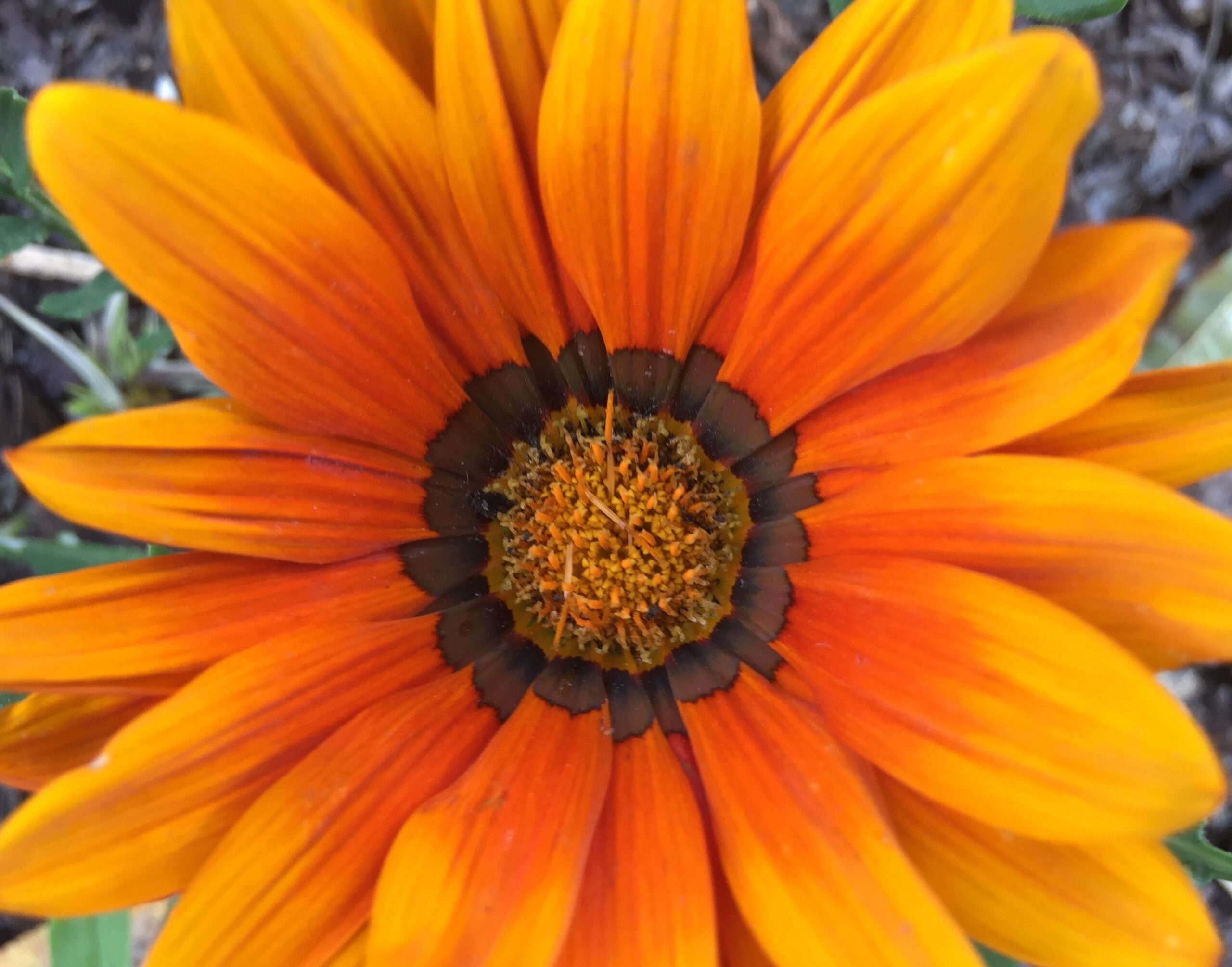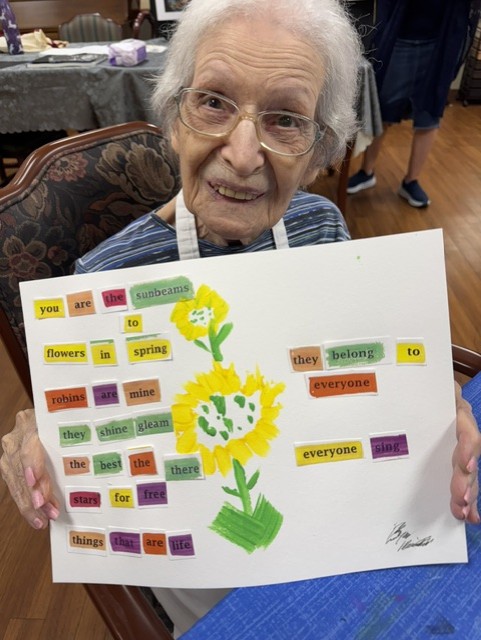We couldn’t help ourselves! When we practiced the anthem, we giggled. Valleys and corn stalks laughing, clapping and singing?
You can listen to that portion of the anthem, if you wish. It starts at 3:30 in this recording. The lyric grows out of Psalm 65:13.
One evening the pastor heard our snickering. Acknowledging the corny wording in the lyrics, he interrupted our singing with a little biblical exposition.
He reflected how in a land arid and dusty, dreams of water, lush vegetation, and dependable cycles of nature, prompted the Psalmist to remark “You (God) make the gateways of the morning and the evening shout for joy.” (Psalm 65:8)
We no longer made fun of the song lyrics.
God-wonders
Psalmists, singers, composers, and poets often exalt God-created wonders that we take for granted. Perhaps none does it as eloquently as Robin Wall Kimmerer in Braiding Sweetgrass. Dr. Kimmerer is a member of the Citizen Potawatomi Nation, a scientist, and director of the Center for Native Peoples and the Environment. Combining environmental sciences with reverence for the interrelationship of all living things – plant, animal and human – she calls our attention to the generosity of the Earth.
She writes “The composer Aaron Copeland got it right. An Appalachian spring is music for dancing. The woods dance with the colors of wildflowers, nodding sprays of white dogwood and the pink froth of redbuds, rushing streams and the embroidered solemnity of dark mountains.” (pg. 218)
Consider the Lilies
Inspired by Dr. Kimmerer, I searched scriptures for reference to flowering plants. Best known is the remark about lilies, “consider the lilies of the field, how they grow; they neither toil nor spin.” It is advice offered in the context of Jesus’ sermons on a hillside. To us in our world of constant anxiety and stress, Jesus counsels us, “Do not worry about tomorrow, for tomorrow will bring worries of its own. Today’s trouble is enough for today!” (Matthew 6:34)
Eugene Peterson made the passage more fun by paraphrasing it this way: “Has anyone by fussing in front of the mirror ever gotten taller by so much as an inch? All this time and money wasted on fashion—do you think it makes that much difference? Instead of looking at the fashions, walk out into the fields and look at the wildflowers. They never primp or shop, but have you ever seen color and design quite like it? The ten best-dressed men and women in the country look shabby alongside them.” (from The Message, Matthew 6:27-29)
Among the not-primping wildflowers in scripture are anemones, cucumbers, flax, garlic, grape, hedge thistles, iris, leeks, lotus, mallow, mustard, willow, and wormwood. They serve as reminders that God invests in what grows and blooms.
Blooming Joy and Hope
Joy blooms as we have unmasked, and social distancing circles allow more family and friends to gather around patio grills and dining room tables.
Emergence from a pandemic and savoring the predictable rhythm of the seasons are part of why we call this series of blogs, the blossoming of hope. As you read this, the first day of a new summer has arrived.
Author, photographer, and grief counselor, the Rev. James Miller, founder of Willowgreen Publishing, guides us through seasons which may have been marked by grief, despair and loss. He quotes Albert Camus’ observation: “In the midst of winter I found at last there was within myself an invincible summer.”
As we make our way through dark wintery times into the spring renaissance and on to “invincible summers” we find hope, confidence and joy blossoming again and again.
Abundant Life
Back to the choral anthem noted at the beginning of this article – about valleys and corn and clapping hands. It may have been inspired by a rather grim account in the book of Isaiah (Isaiah 55:12-13). In earlier verses, the prophet carried on about all the ways we alienate ourselves from one another and from God. However, Isaiah was confident in the grace of God, and declared “God will abundantly pardon…you shall go out in joy and be led back in peace…” and mountains and hills will sing, and trees will clap their hands. (See Isaiah 55:6-12)
The New Revised Standard Version captions this chapter of Isaiah: An Invitation to Abundant Life. Hope – and joy – bloom when we align ourselves with God’s intent for creation.
The 19th-century writer Harriet Ann Jacobs noted that “when nature resumes her loveliness, the human soul is apt to revive also.” Lady Bird Johnson made the beautification of urban blight her project and said, “where flowers bloom, so does hope.”
Persistent Gardeners
The second account of creation in Genesis 2:15, offers us a challenge. “…God took the (human) and put (the human) in the garden of Eden to till it and keep it.” Created to be stewards of the garden of life, we are to be persistent gardeners. Seasons change and events cycle through good times and difficult times. Even when righteousness and human kindness seem lifeless, our opportunity is to sow seeds, cultivate them with perseverance, then cherish and share the emerging life they produce.
Again Rev. James Miller, writing in Change & Possibility: Discovering Hope in Life’s Transitions, reminds us that the Source of Hope “holds us and lifts us even if others do not, for God never changes even when everything else appears to.”
When hope blossoms, so do we. We flower when we cultivate gardens of loving concern for every child of God. That’s how we invest in Isaiah’s invitation to “abundant life” for all.
So, we clap our hands, laugh, and sing, as hope blossoms during the “invincible summers” of our lives. With God, it is so!
1from Stand Your Ground, Kelly Brown Douglas
View all articles by:






















